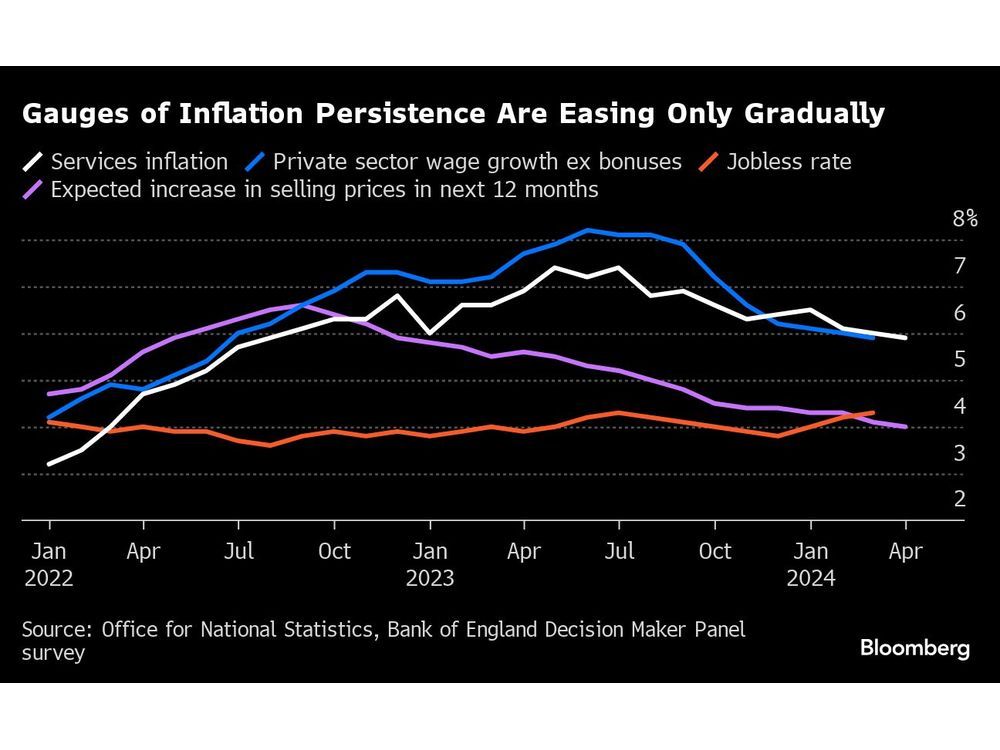Follow us on LinkedIn
When it comes to saving money, there are a lot of options available to you. You can choose between a certificate of deposit (CD) and a savings account. Both have their own benefits and drawbacks, so it can be difficult to decide which is right for you. In this blog post, we will compare and contrast CD vs savings accounts so that you can make an informed decision about which is best for your needs.
What is a Certificate of Deposit (CD)?
A CD is a deposit account that has a fixed rate of return. It is similar to a regular savings account in the sense that it is insured by the FDIC, but it requires a larger initial deposit than most savings accounts and offers higher interest rates. The amount you can earn on your investment will depend on the term and interest rate of the CD. CDs typically have terms ranging from three months to five years, so you can choose one that best meets your needs.
What is a Savings Account?
A savings account is an FDIC-insured deposit account that allows you to earn interest on your money over time. The amount of interest you can earn depends on the type of account you have and the interest rate offered by your financial institution. Savings accounts are usually much more liquid than CDs, meaning you can access your funds without penalty at any time. However, they typically offer lower interest rates than a CD would.
Differences between CD vs Savings Accounts
The main difference between a CD and a savings account is the interest rate. CDs usually offer higher returns than savings accounts, but they come with restrictions such as locked-in terms and early withdrawal penalties. On the other hand, savings accounts are much more liquid and don’t require you to lock in your money for any length of time. However, the interest rate is usually lower than what you’d get with a CD.
Similarities between CD and Savings Accounts
The main similarity between a CD and a savings account is that they are both FDIC insured, meaning your money is safe. They also allow you to earn interest on your money over time. Additionally, both accounts typically have low minimum deposits and are relatively easy to open.
Which is right for you?
The answer to this question depends on your individual needs and financial goals. If you’re looking for an investment with a higher rate of return that can’t be accessed easily, then a CD might be a good option for you. However, if you want easy access to your funds and more liquidity, then a savings account may be better. Ultimately, it’s up to you to decide which is the right choice for your financial situation.
No matter which option you choose, saving money is always a smart decision. Whether you put your money into a savings account or a CD, you’ll be closer to achieving your financial goals. Taking the time to compare and contrast CD vs savings accounts can help you make an informed decision that’s right for you.
FAQs
What are the alternatives for high returns?
You may also want to consider investing in other types of accounts such as money market accounts, IRAs, or mutual funds. Each of these has its own advantages and disadvantages, so it’s important to research your options before making a decision.
What is the minimum deposit requirement?
The minimum deposit requirements for CDs and savings accounts vary depending on your financial institution. Generally, most banks require a minimum deposit of at least $500 for CDs and $100 for savings accounts.
What is the maximum deposit amount?
The maximum deposit amount for CDs and savings accounts also varies depending on the bank. However, most banks have a maximum deposit limit of $250,000 for each type of account.
Are there any fees associated with CDs or savings accounts?
Many banks charge fees for CDs and savings accounts, such as maintenance fees or early withdrawal penalties. Be sure to read the fine print of any account you’re considering so you’re aware of any fees associated with it.
Are there any tax benefits?
There are certain tax benefits associated with CDs and savings accounts. For example, interest earned on CDs is usually tax-deferred until the money is withdrawn. However, you should always consult with a financial professional before making any decisions about taxes.
Is a CD safer than a savings account?
Both CDs and savings accounts are insured by the FDIC up to $250,000 per account. So while neither is inherently “safer” than the other, CDs typically offer higher returns due to their fixed-term structure.
What is the biggest negative of putting your money in a CD?
The biggest downside of investing in a CD is that you may be subject to early withdrawal penalties if you need to access your money before the maturity date. Additionally, CDs can often have locked-in terms which may prevent you from taking advantage of better interest rates in the marketplace.
Is putting money in a CD worth it?
It depends on your individual financial goals. CDs can be a great way to get higher returns and more security for your money, but there are also some drawbacks to consider. Make sure you research all your options before making a decision so that you can be confident in your choice.
Conclusion
When it comes to choosing between a CD and a savings account, the decision will depend on your individual needs. CDs typically offer higher interest rates than savings accounts, but they come with restrictions such as locked-in terms and early withdrawal penalties. On the other hand, savings accounts are much more liquid and don’t require you to lock in your money for any length of time, but the interest rate is usually lower than what you’d get with a CD.
Ultimately, the best account for you will depend on your savings goals and how long you plan to keep your money in the account. Whichever you choose, make sure to research offers from different financial institutions to find the best deal.
Further questions
What's your question? Ask it in the discussion forum
Have an answer to the questions below? Post it here or in the forum





Prime Minister Keir Starmer’s promise to “get Britain building again” will quickly face a shortage of skilled workers in the very industries he’s hoping will power the turnaround.